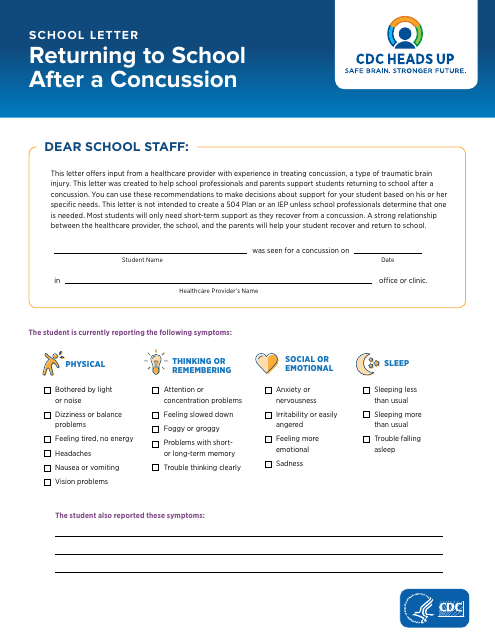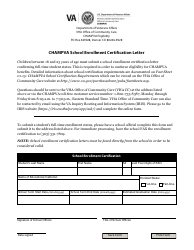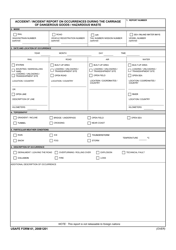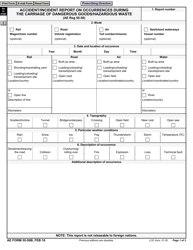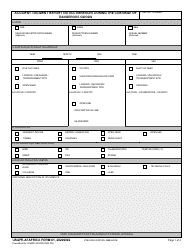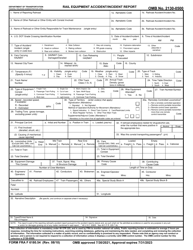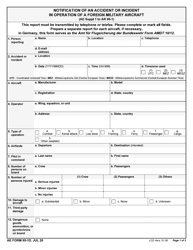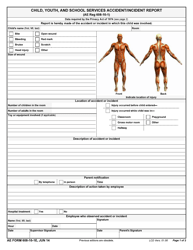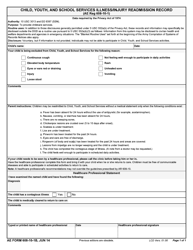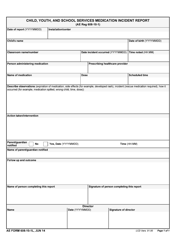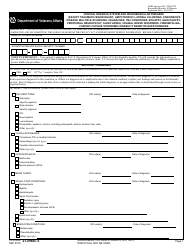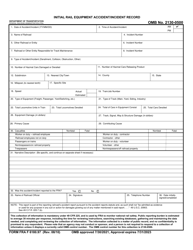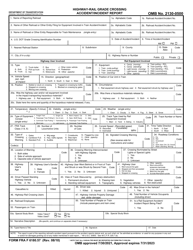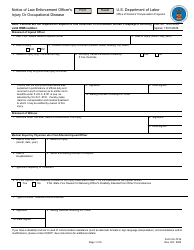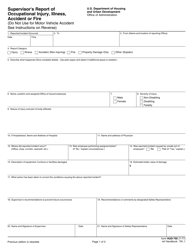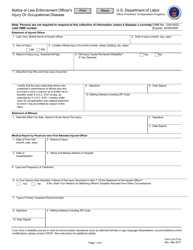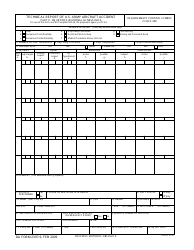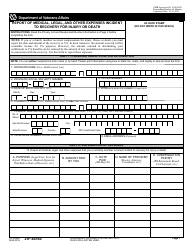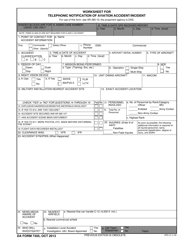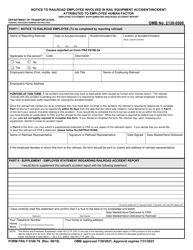School Letter: Returning to School After a Concussion
The School Letter: Returning to School After a Concussion is a formal document written by a healthcare provider to a school to communicate the specific needs and restrictions of a student who has sustained a concussion. It serves as official notice that the student has been diagnosed with a concussion and may require accommodations to return to school activities. The letter usually details specific recommendations for academic adjustments or modifications that could help the student during recovery. Such a letter is part of a comprehensive approach to concussion management in line with the student's health and academic well-being.
In most cases, the school letter: returning to school after a concussion, is often filed by the student's parents or guardians. They may include recommendations from the student's healthcare provider outlining necessary accommodations or adjustments for the student's safe return to school. The school's administration or the school nurse usually receives the letter, files it, and ensures that all relevant faculty are aware of the student's situation.
FAQ
Q: What is a concussion?
A: A concussion is a type of traumatic brain injury that affects your brain function. It's often caused by a knock, blow or jolt to the head.
Q: How does returning to school after a concussion affect a student?
A: Returning to school after a concussion may be challenging for a student. They might experience physical, cognitive, emotional, and sleep-related symptoms that could interfere with their academic performance. They may need accommodations to return gradually to their regular school routine.
Q: What accommodations might be necessary for a student returning to school after a concussion?
A: Accommodations may include reduced workload, frequent breaks, extended time for assignments and tests, preferential seating, and potentially modification of physical education.
Q: How long does it take to recover from a concussion before returning to school?
A: Recovery time varies for each individual. It may take several days to few weeks. It's important that the student doesn't return to school until they've been cleared by a healthcare professional to avoid complications.
Q: How can parents or guardians support their child returning to school after a concussion?
A: Parents or guardians can support their child by communicating with the school about the situation, ensuring all necessary accommodations are in place, and monitoring the child's symptoms throughout the recovery process.
Q: Should a student start school full time immediately after a concussion?
A: Not necessarily. A gradual return is often recommended. This may involve starting with a few hours a day or only a few days a week, with increases as the student recovers.
Q: What are the symptoms to watch out for after returning to school post concussion?
A: Symptoms to watch for include headaches, difficulty thinking or remembering, changes in mood, sleep disturbances, and sensitivity to light or noise. If any of these persist or get worse, it's important to seek additional medical attention.
Q: Who can help manage a student’s return to school after a concussion?
A: A team of professionals including the school's administration, teachers, school nurse, and the student's healthcare provider should collaborate to manage the student’s return to school.
